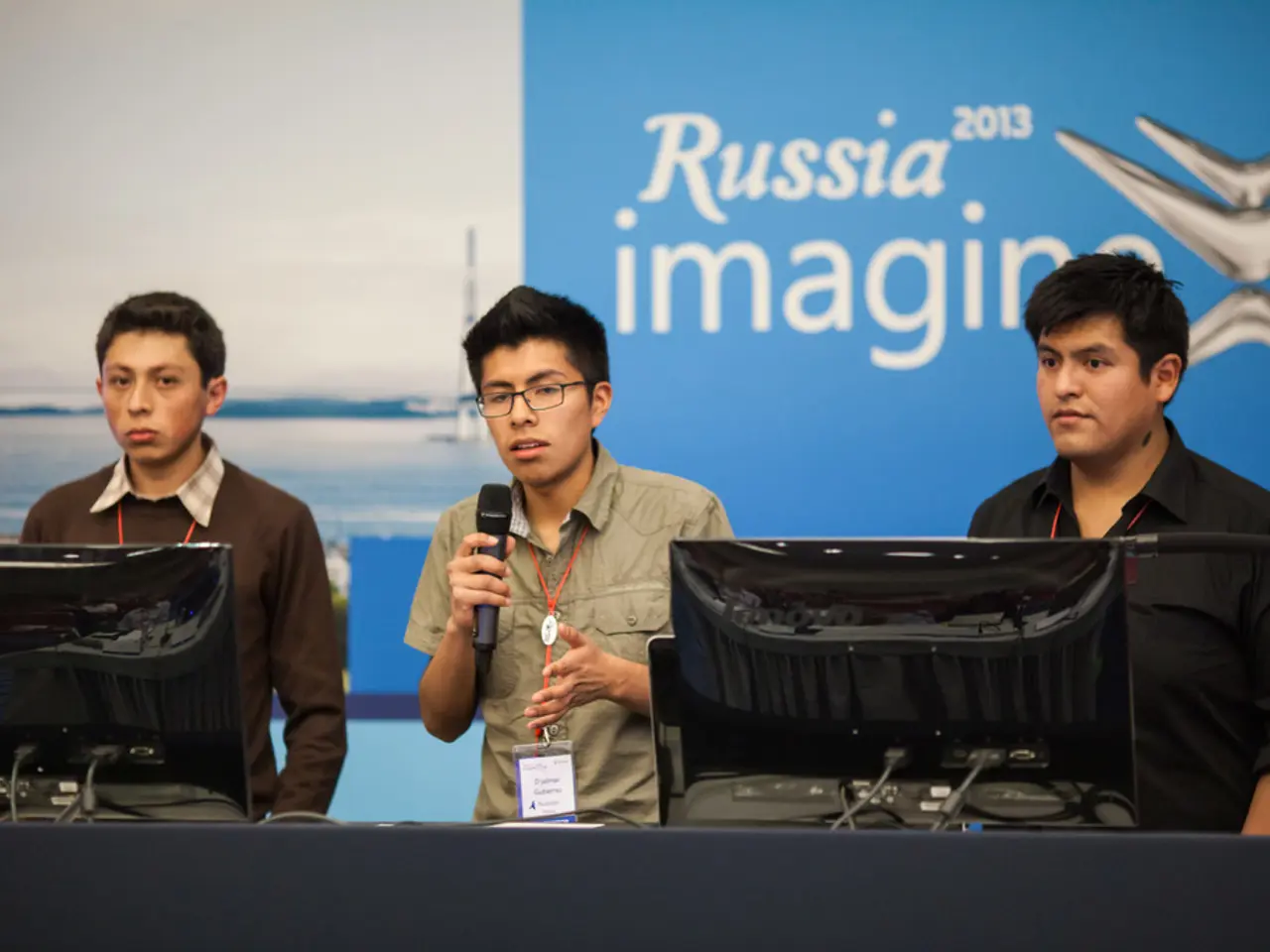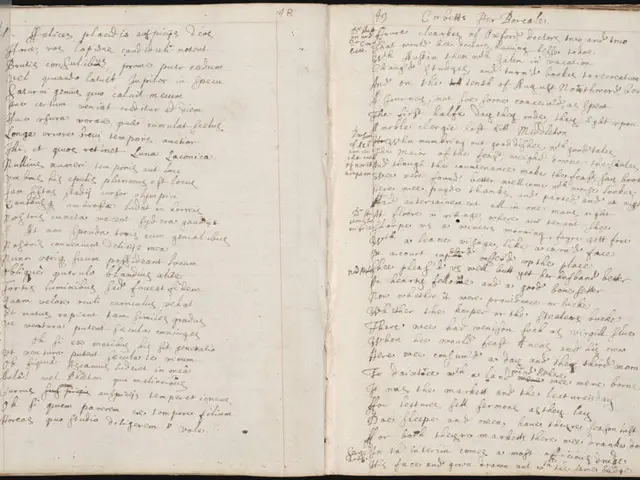Call volume in Russia decreases by 12%
Russia's communication landscape is undergoing significant changes, with government controls, user demographics, and the rising influence of messaging platforms shaping the trends in voice and internet traffic.
## Voice and Internet Traffic Trends
Since June 2025, Russia has intensified its internet controls, targeting foreign cloud and content delivery networks, resulting in a decline in network traffic. Younger users (under 35) are the most active online, engaging heavily with social media, messengers, and streaming services, while older users prefer traditional web services and news sites.
Yandex, Russia’s dominant search engine, is preferred by the majority of users, accounting for about two-thirds of total user visits. This preference is consistent across most age groups, though younger users may occasionally use global alternatives if available.
## Impact of Messengers
Messengers such as Telegram, WhatsApp, and VKontakte are central to communication in Russia. They are used for both private and group chats, media sharing, and increasingly as primary sources of news—especially among younger demographics.
Voice-over-Internet Protocol (VoIP) and video calling features on platforms like Telegram and WhatsApp are widely used, often replacing conventional mobile phone calls. Due to government restrictions and monitoring, many users rely on encrypted messengers and virtual private networks (VPNs) to access blocked content and maintain privacy.
## Government Influence and Censorship
The Russian government has escalated efforts to route domestic traffic through state-controlled nodes and enforce stricter internet regulations. This includes increased monitoring of voice and internet traffic and suppression of dissenting voices on social media and messaging platforms.
As a result, there is a notable rise in the use of local platforms and encrypted services, with younger users leading the adoption of privacy tools and alternative channels for communication and information sharing.
## Key Trends
Younger Russians are the most active and adaptive, using messengers and digital tools to navigate increasing internet restrictions. Messengers are central to this shift, reshaping how voice and internet traffic flow across age groups—bypassing censorship, enabling encrypted communications, and supplanting traditional voice calls.
In contrast, older users tend to rely more on established local platforms and services, though they are also affected by broader internet controls. The summary table below provides an overview of key trends:
| Trend Area | Younger Users (<35) | Older Users (35+) | |---------------------------|----------------------------|----------------------------| | Internet Access | Heavy, seeks alternatives | Traditional web use | | Messengers Usage | High (Telegram, WhatsApp) | Moderate (VK, WhatsApp) | | Voice/Video Calls | Mostly via messengers | Mixed (phone + messengers) | | Bypassing Censorship | VPNs, encrypted services | Less likely | | Platform Preference | Global/local mix | Local/Yandex-dominated |
## Conclusion
Irina Suanova, head of the client relations department at Mediascope, stated that as of October 2024, nearly 80% of Russians use WhatsApp monthly, and Telegram reaches 72% of the Russian population. Among those over 56 years old, voice traffic fell by 12%, while network traffic increased by 21%.
In the first half of 2025, voice traffic among Gen Z (14-24 years) decreased by 17%, while internet traffic increased by 11%. Video calls are popular in messengers, with Russians most frequently using this format in WhatsApp. Analysts found that men use phone calls more frequently, accounting for 58% of voice traffic.
The rising influence of messaging platforms, coupled with government controls and user demographics, is reshaping the communication landscape in Russia. Younger users are leading this shift, adapting to new digital tools and bypassing censorship to maintain privacy and access information. Older users, while more traditional in their internet usage, are also affected by these broader trends.
Data-and-cloud-computing technologies play a significant role in the communication landscape of Russia, with the growing use of messaging platforms like Telegram, WhatsApp, and VKontakte relying on cloud-based services for their operations. Moreover, the trend of younger users (under 35) preferring these messengers for private and group chats, media sharing, and even news consumption indicates the increasing influence of technology in shaping communication trends.




